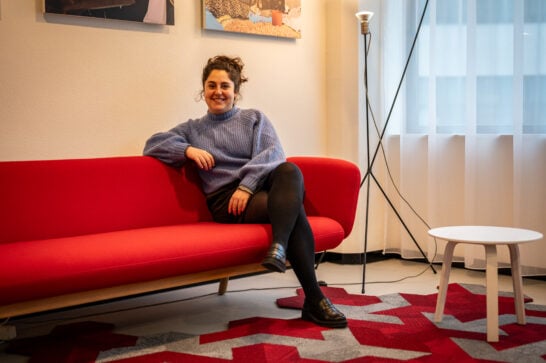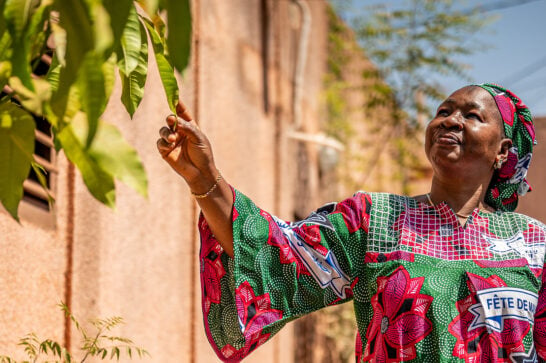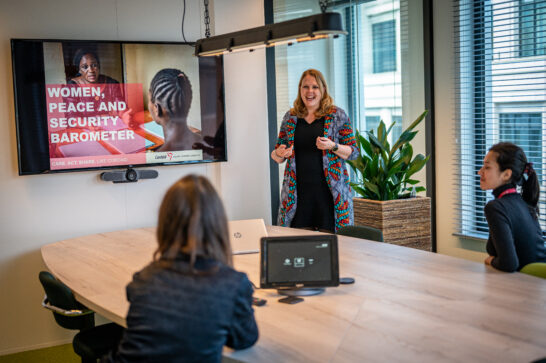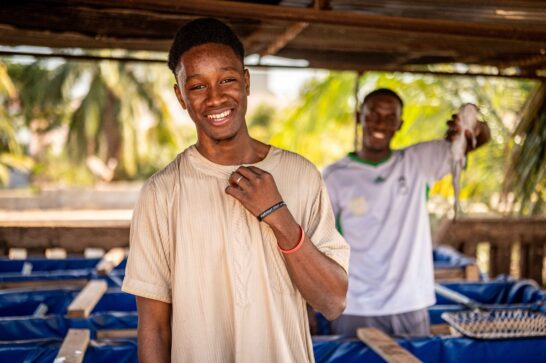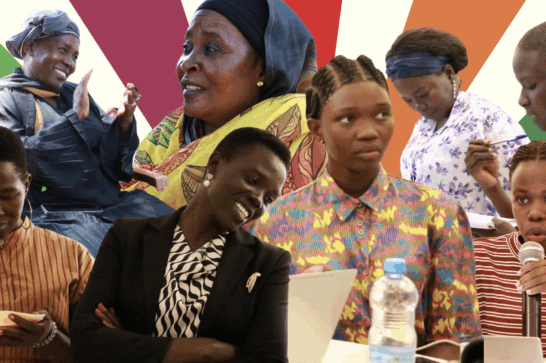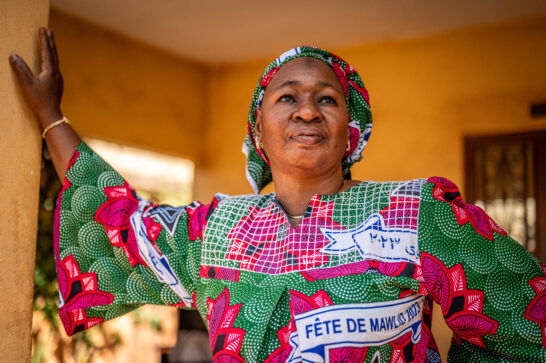Background
This gender gap takes on many forms. Financially, it means that globally, on average, women make 77 cents for every dollar earned by men, leaving women more financially vulnerable. A lot has been done over the past decades to reduce the global gender gap and improve opportunities for women, girls, and non-binary people. Yet significant gender gaps remain across sectors in all countries across the world.
According to UN Women, achieving full gender equality is still centuries away. Indeed, according to the progress of SDG5’s targets and indicators, the world is not even remotely on track to achieve gender equality by 2030.
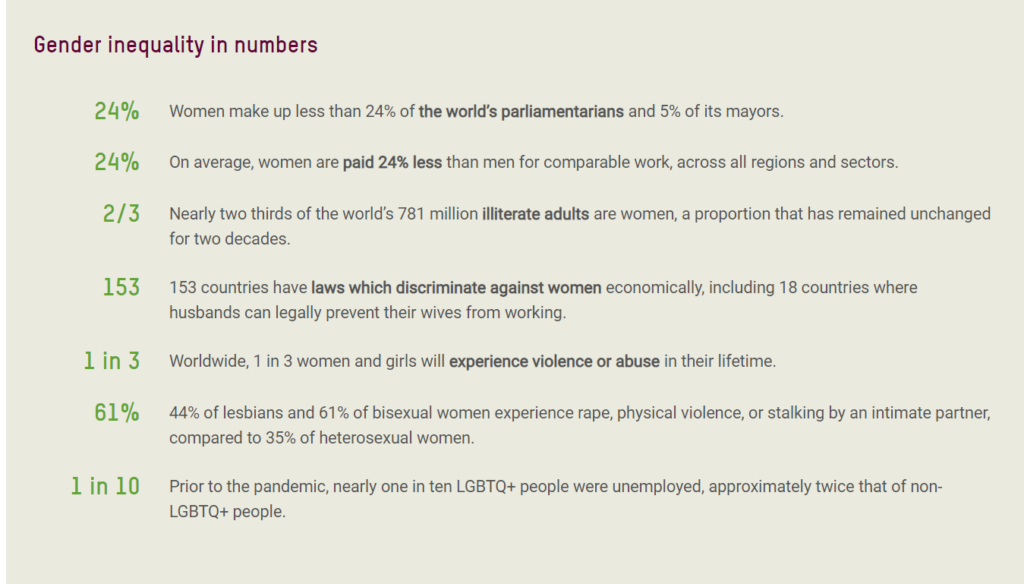
These numbers might be depressing, but they also show how much room for progress there is, especially in the work of development and humanitarian organisations. We are not giving up because there can be no social, climate, or economic justice without gender justice.
Gender Equality vs. Gender Equity
Gender equity is necessary to achieve gender equality. Simply put, gender equity acknowledges that there is no ‘one-size-fits-all’ path to equality because a shared ‘starting point’ does not exist. Therefore, the diverse needs of men, women, and non-binary people call for different responses to achieve gender equality.

Cordaid’s approach
Cordaid concentrates on fragile and conflict-affected settings where poverty is linked to a lack of stability and governance. The health and well-being, opportunities, and rights of women, girls, and groups that are vulnerable (such as non-binary people and LGBTQA+) suffer disproportionally from the insecurity and violence that define daily life in their communities.
Violence against women and girls affects their economic and political opportunities, their mobility, their health, and their ability to get an education. Gender inequality is also a fundamental cause of fragility, as it intersects with other power imbalances in economic, political, and religious domains.
Our mission is to reduce vulnerability and build resilience in fragile and conflict-affected societies by promoting economic empowerment, political participation, improved food security and access to health care.
Within these areas, a gender transformative approach is taken in all programmes, specific gender standalone programmes are designed, and an enabling environment for Cordaid employees, partners, and project participants is fostered.





